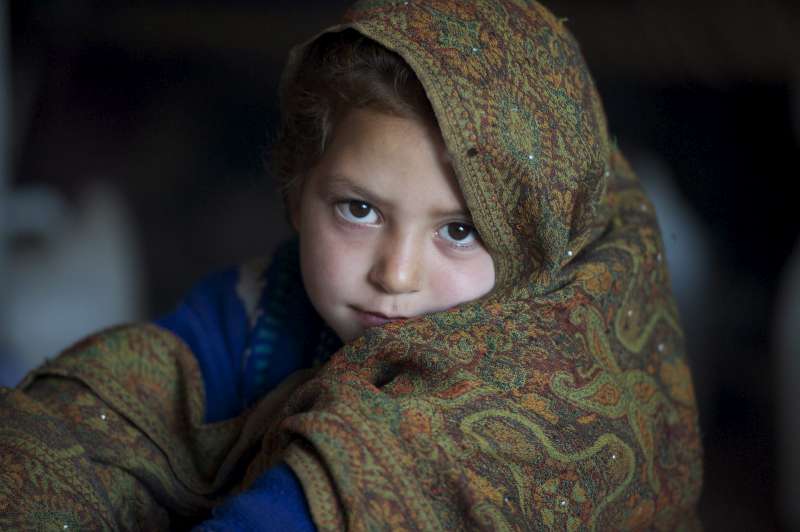EDITORIAL
The Star, Kuala Lumpur, Malaysia / Asia News Network.
PETALING JAYA.
International Women’s Day is celebrated every March 8, but today may well be equally significant for women all over the world.
UN Women, an offshoot of the United Nations, and China are co-hosting in New York a meeting of global leaders that will discuss gender equality and the empowerment of women.
This event coincides with the UN Sustainable Development Summit. It is also part of the 20th anniversary commemoration of the Beijing Declaration and Platform for Action, the product of the fourth World Conference on Women in 1995.
At today’s meeting, says UN Women, over 70 world leaders are expected to make “concrete commitments and firm pledges to overcome gender equality gaps”.
“It is a historic and a unique opportunity; for the first time at the UN, commitments to women and girls will be made at the level of heads of state and government,” it adds.
Malaysia Prime Minister Najib Razak will be among those delivering the commitment statements. It will be a window into the government’s thinking on what more it should do to eliminate gender inequality and discrimination against women.
There is indeed a lot at stake.
For one thing, the UN Sustainable Development Summit will end with the formal adoption of a new sustainable development agenda that will serve as “the launch pad for action by the international community and by national governments to promote shared prosperity and well-being for all over the next 15 years”.
UN Women sees this as a chance to place gender equality, women’s rights and women’s empowerment at the centre of the global agenda.
Consider this conviction expressed in the Beijing Declaration: “Women’s empowerment and their full participation on the basis of equality in all spheres of society, including participation in the decision-making process and access to power, are fundamental for the achievement of equality, development and peace.”
And if that is not your idea of a winning argument, a report published this week by the McKinsey Global Institute, the business and economics research arm of consulting firm McKinsey & Co, may drive home the point instead.
The institute has worked out the impact of a scenario in which every country matches the rate of improvement achieved by its region’s champion in narrowing the gender gap.
If entire regions are on the same page in the fight for gender parity, as much as US$12 trillion would be added to the world’s gross domestic product in 2025. That amounts to the current GDP of Japan, Germany and Britain put together.
It is telling that according to the results released by Unicef in March, 70 per cent of respondents in an online poll said men had a higher status in Malaysian society.
When asked if having more women in Malaysia in positions of political power and influence would have a positive impact on the country, 49 per cent of the respondents agreed and another 25 per cent somewhat agreed.
Actually, that probably applies all over the world. The important thing is that Malaysia continues to push towards gender equality. And the effort should come from everybody, not just the government and civil society.
After all, Malaysia’s transformation agenda is built on a platform of sustainability and inclusiveness. We cannot claim to be a developed nation if women do not have an equal role in the nation’s development.














































































































































































































































































































































































